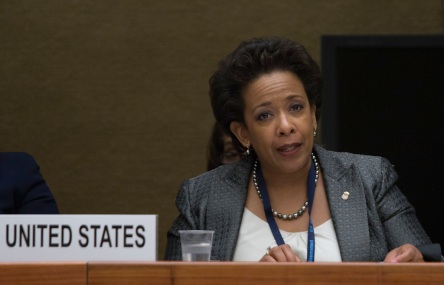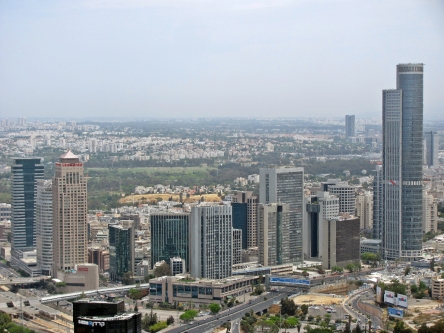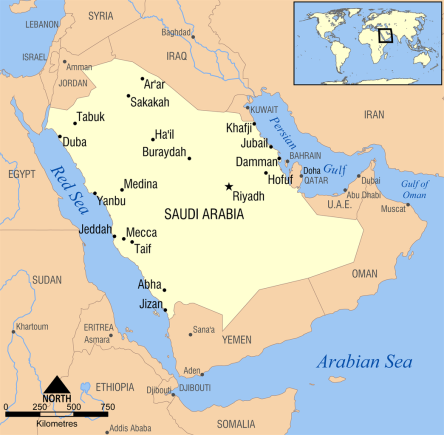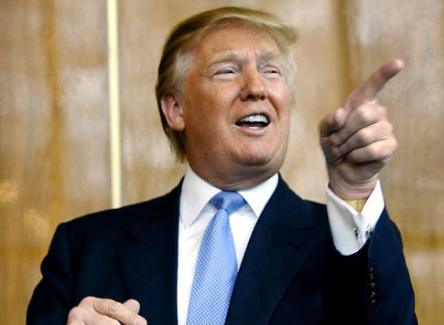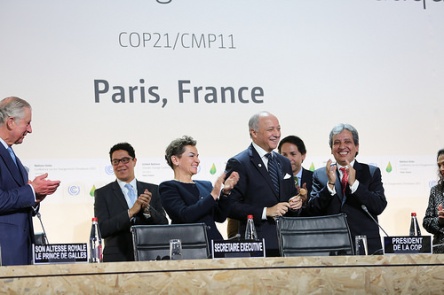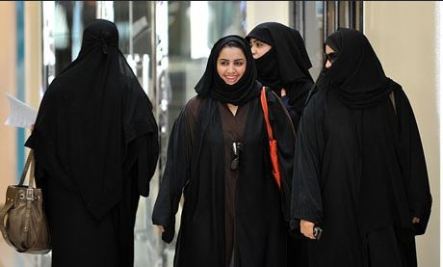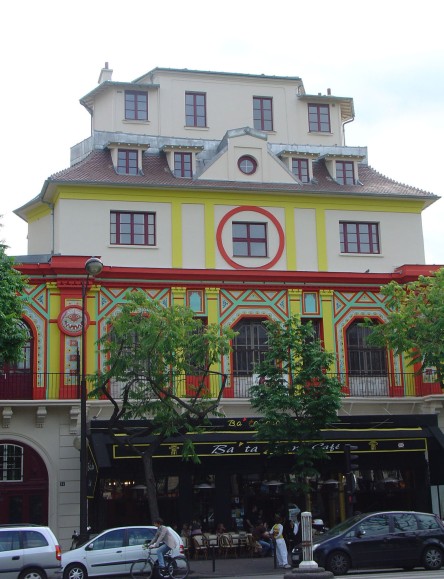Trump Boycotts Republican Debate
GOP Frontrunner Donald Trump announced Tuesday, Jan. 26, that he would not participate in Thursday’s debate hosted by Fox News,according to The Guardian. Trump’s decision came after he learned that Megyn Kelly, whom he clashed with during the first debate, would again help moderate this debate. Kelly questioned Trump about his past statements regarding women, to which he responded that “there was blood coming out of her whatever.” Trump eventually decided to not attend the debate when a press release mocked him for considering skipping it because of Kelly. It read, “We learned from a secret back channel that the Ayatollah and Putin both intend to treat Donald Trump unfairly when they meet with him if he becomes president – a nefarious source tells us that Trump has his own secret plan to replace the Cabinet with his Twitter followers to see if he should even go to those meetings.” Reuters reported that Fox News drew the second lowest ratings out of the seven Republican debates on Thursday without Trump. Meanwhile, Trump held his own rally in Iowa for charity at the same time as the debate.
Republican Presidential Candidate Donald Trump boycotted the Republican debate on Jan. 28, which was hosted by Fox News. Courtesy of Wikimedia
Russia Violates Turkey’s Airspace Near Syria
A Russian jet flew into Turkish airspace near Syria’s border on Friday, January 29, according to BBC News. Turkey has said that Russia ignored numerous warnings made in Russian and English before committing the violation. Russia has denied that the jet crossed into Syrian territory and has said that no warnings were made, calling Turkey’s statements “baseless propaganda.” Russia has been carrying out airstrikes against those fighting the current Syrian government since September. Tensions between Turkey and Russia have been high since Turkey shot down a Russian jet in November. Turkish President Recep Tayyip Erdogan has asked to meet with Vladimir Putin multiple times, but Putin refuses. Erdogan says that Russia would face consequences if they continue to violate their airspace.
Russia was accused of violating Turkish airspace near the Syrian border on Jan. 29. Courtesy of Wikipedia
Migrant Boat Capsizes Near Turkish Coast
A boat carrying migrants capsized on Saturday, January 30. According to The New York Times, the boat left Ayvacik, a Turkish resort town, on Saturday morning and capsized on rocks shortly thereafter, eventually washing up on the Turkish coast. 37 people, including 10 children, died. Most of the migrants are thought to have been Syrian refugees fleeing from the war. On Friday, the International Organization for Migration reported that in January alone, 218 people attempting to reach the Greek islands on their way to other European countries, had drowned in the Aegean Sea. More than 24 others have died off the coast of Italy.
A boat leaving from Ayvacik, Turkey, which was carrying mostly Syrian refugees washed up on the Turkish coast of after crashing on Jan. 30. Courtesy of Wikimedia
Health Officials Announce a Special Meeting Concerning Zika Virus
Health officials announced on Sunday, Jan. 31, that they would hold a meeting next week to decide if they should declare an international health emergency due to the outbreak of the Zika virus in the Western Hemisphere, AP reported. Officials have stated that the mosquito-borne virus is now active in more than 20 countries, and they expect the possible amount of infections to rise to 3 to 4 million in the Americas over the next year. The virus is thought to be linked to microcephaly, a rare birth defect that causes unusually small heads in babies when pregnant women contract the virus. Only mild symptoms have been reported for those that are not pregnant. The disease was first discovered in 1947 in Africa, but it has since caused global concern after an outbreak was reported in Brazil last year. Brazil has stated that there are an estimated 1 million infections by now. There is currently no treatment or vaccine.
Health officials are set to meet next week to discuss the alarming outbreak of the Zika virus, a mosquito-borne disease that causes birth defects, which has recently been of concern in the Western Hemisphere. Courtesy of Wikimedia
Damascus Bombings Cause Concern Amid Syrian Talks
A triple bombing claimed by the Islamic State occurred just outside Damascus, the Syrian capital, on Sunday, January 31, according to AP. The Syrian Foreign Ministry has reported that at least 50 people have been killed, with more than 100 wounded. The Syrian Observatory for Human Rights said that 25 of those killed were “pro-government Shiite fighters.” ISIS fighters first set off a car bomb at a bus stop and then underwent two suicide bombings while rescuers reached the scene. These bombings come during UN-hosted peace talks in Geneva regarding the Syrian Civil War, which began Friday. The meetings are attempting to negotiate an 18-month timeline to fix the political system in Syria. The main opposition group, the Higher Negotiations Committee, boycotted the first of the talks until their preliminary demands were met, which include releasing detainees, ending the warfare against civilians and eliminating government blockades on rebel-held areas.
A triple-bombing outside of the Syrian capital Damascus on Jan. 31 comes amid U.N.-hosted peace talks regarding the Syrian Civil War. Courtesy of Wikipedia

